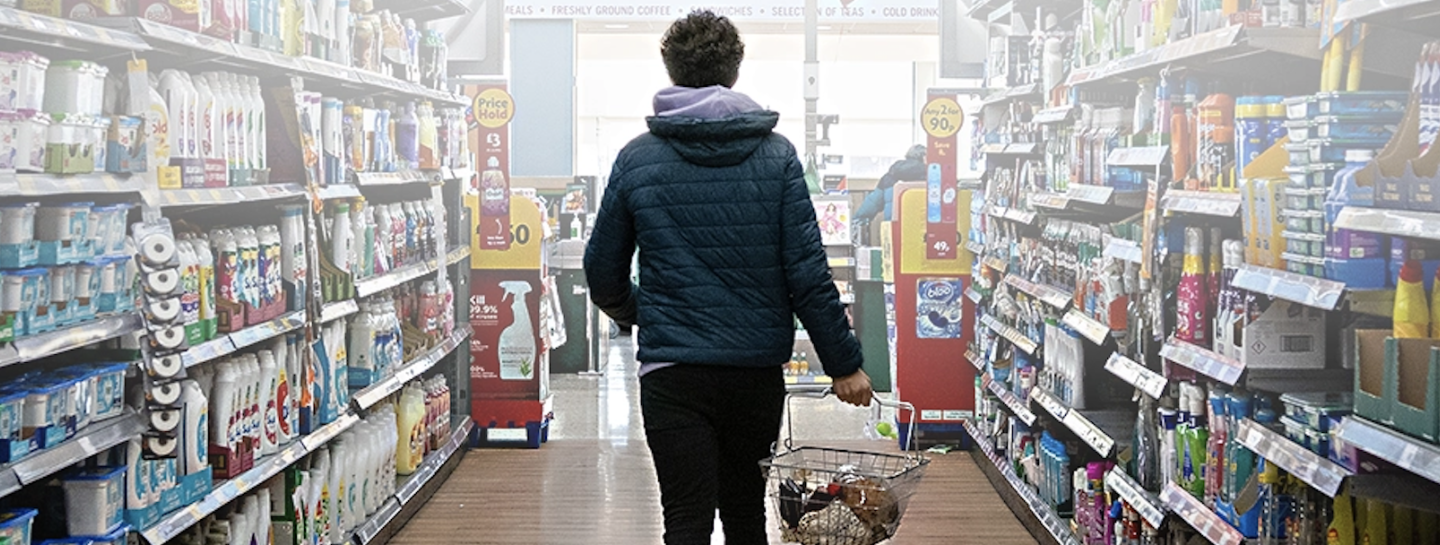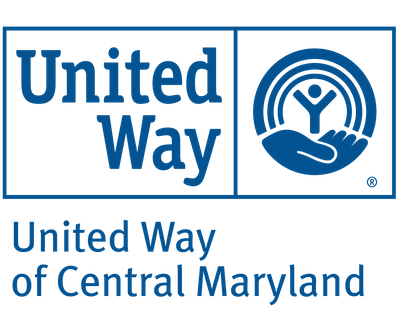New Inflation Tracker: Cost of Maryland’s Basics Rising Faster Than CPI

ALICE Essentials Index reveals Maryland’s retail salespeople lost nearly $40,300 in buying power over 15 years
Baltimore, MD (June 28, 2023) — The cost of household essentials in Maryland has risen at a faster clip than inflation, leaving low-wage workers priced out of affording the basics, according to United Ways of Maryland and research partner, United For ALICE.
Over the course of 15 years, low-wage jobs didn’t keep up with the increased cost of essentials. Workers in retail sales, the most common occupation in Maryland, saw an average loss of buying power of $40,300 — more than a full year’s earnings, according to findings within the ALICE Essentials Index.
The gulf that grew between wages and the cost of basics affects the nearly 900,000 or 38% of Maryland households that can’t make ends meet, according to United For ALICE calculations. This includes households that are ALICE (Asset Limited, Income Constrained, Employed, 28%), earning above the Federal Poverty Level but less than the cost of basics, and those in poverty (10%).
“The ALICE Essentials Index shows that no matter how hard ALICE families and individuals worked, they were priced out of financial stability,” said Franklyn Baker, president and CEO, United Way of Central Maryland. “ALICE was grappling with a surge in inflation before the rest of us. We all need to do better for low-income workers and factor these insights into delivering stronger resources, services, programs and policies to help them get by—and get ahead.”
The ALICE Essentials Index tracks the rising cost of essentials, including housing, child care, food, health care, transportation and a smartphone plan, while the national Consumer Price Index (CPI) tracks inflation across more than 200 categories of goods and services, including luxury items such as power boats and landscaping services. Yet, the CPI, not the ALICE Essentials Index, is the inflation measure used to calculate increases in critical supports for low-income people, including Social Security and Medicaid.
The ALICE Essentials Index shows that prices for basics rose by 62% between 2007 and 2023. (Prices for 2022 and 2023 were projected.) In contrast, the CPI measure of inflation, which looks at prices for a much larger group of goods and services beyond the essentials calculated a rise of just 48% in the same period.
“ALICE doesn’t buy power boats or hire landscapers — ALICE is doing the landscaping,” said Stephanie Hoopes, Ph.D., national director for United For ALICE, a U.S. research organization driving solutions to financial hardship. “ALICE is simply trying to afford safe housing and dinner on the table. The ALICE Essentials Index recognizes this disconnect and provides a new, targeted inflation measure that could help guide eligibility and increases in assistance programs.”
To learn more about the ALICE Essentials Index, and to explore the online dashboards, visit UnitedForALICE.org/Essentials-Index.
###
United Way of Central Maryland helps the working poor and those in poverty access basic needs like housing, healthcare, jobs, and education. The nonprofit’s programs promote equity create opportunity and improve the lives of our neighbors and the neighborhoods they call home. For nearly 100 years, United Way has tackled the toughest challenges in Baltimore City and Anne Arundel, Baltimore, Carroll, Harford, and Howard counties. Learn more at uwcm.org.
About United For ALICE
United For ALICE is a U.S. research organization driving innovation, research and action to improve life across the country for ALICE (Asset Limited, Income Constrained, Employed) and for all. Through the development of the ALICE measurements, a comprehensive, unbiased picture of financial hardship has emerged. Harnessing this data and research on the mismatch between low-paying jobs and the cost of survival, ALICE partners convene, advocate and collaborate on solutions that promote financial stability at local, state and national levels. This grassroots ALICE movement, led by United Way of Northern New Jersey, has spread to 27 states and includes United Ways, corporations, nonprofits and foundations in Arkansas, Connecticut, Delaware, Florida, Georgia, Hawai‘i, Idaho, Illinois, Indiana, Iowa, Kansas, Louisiana, Maine, Maryland, Michigan, Mississippi, New Jersey, New York, Ohio, Oregon, Pennsylvania, Tennessee, Texas, Virginia, Washington, Washington, D.C., West Virginia and Wisconsin; we are United For ALICE. For more information, visit: UnitedForALICE.org.
